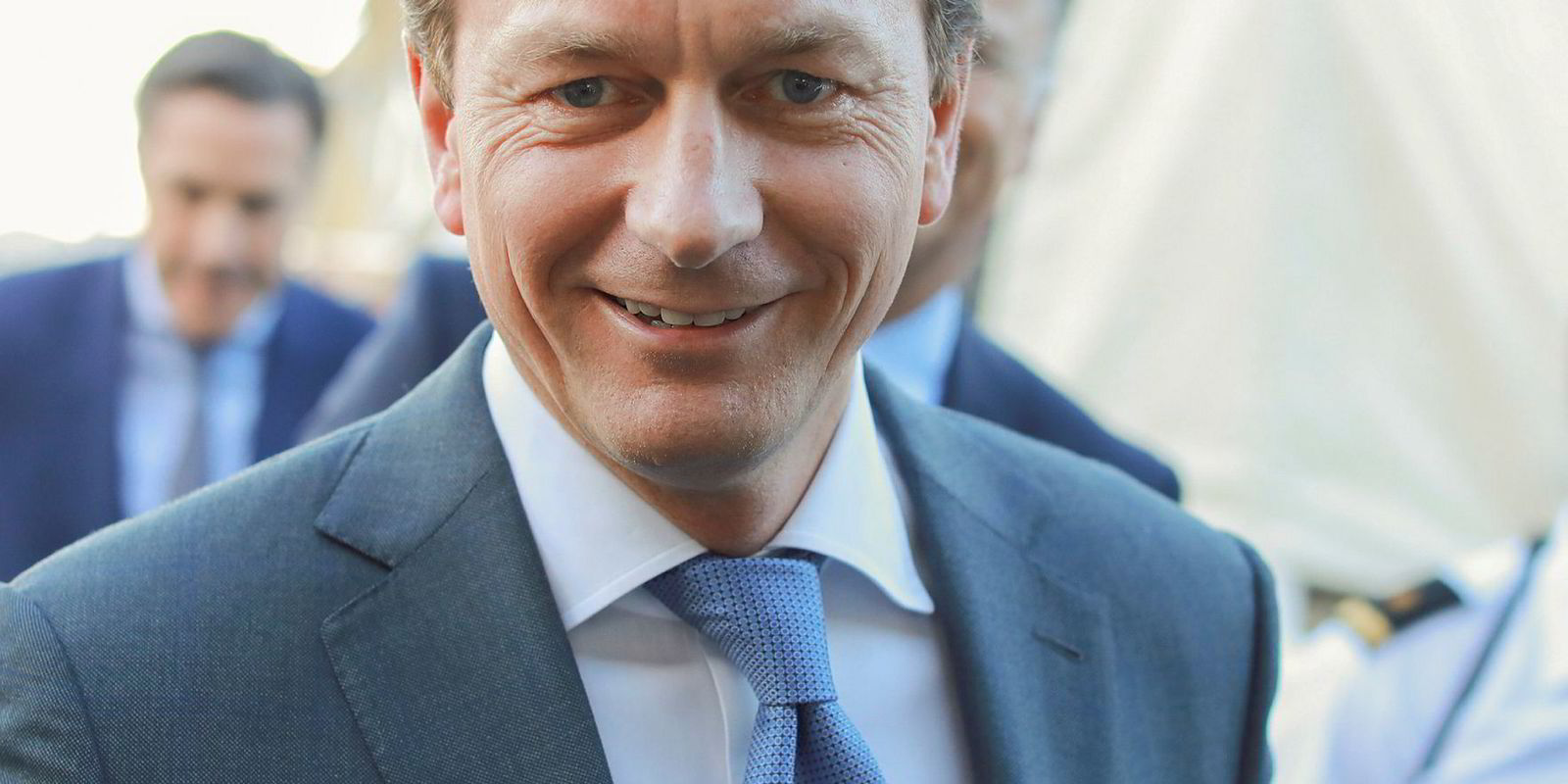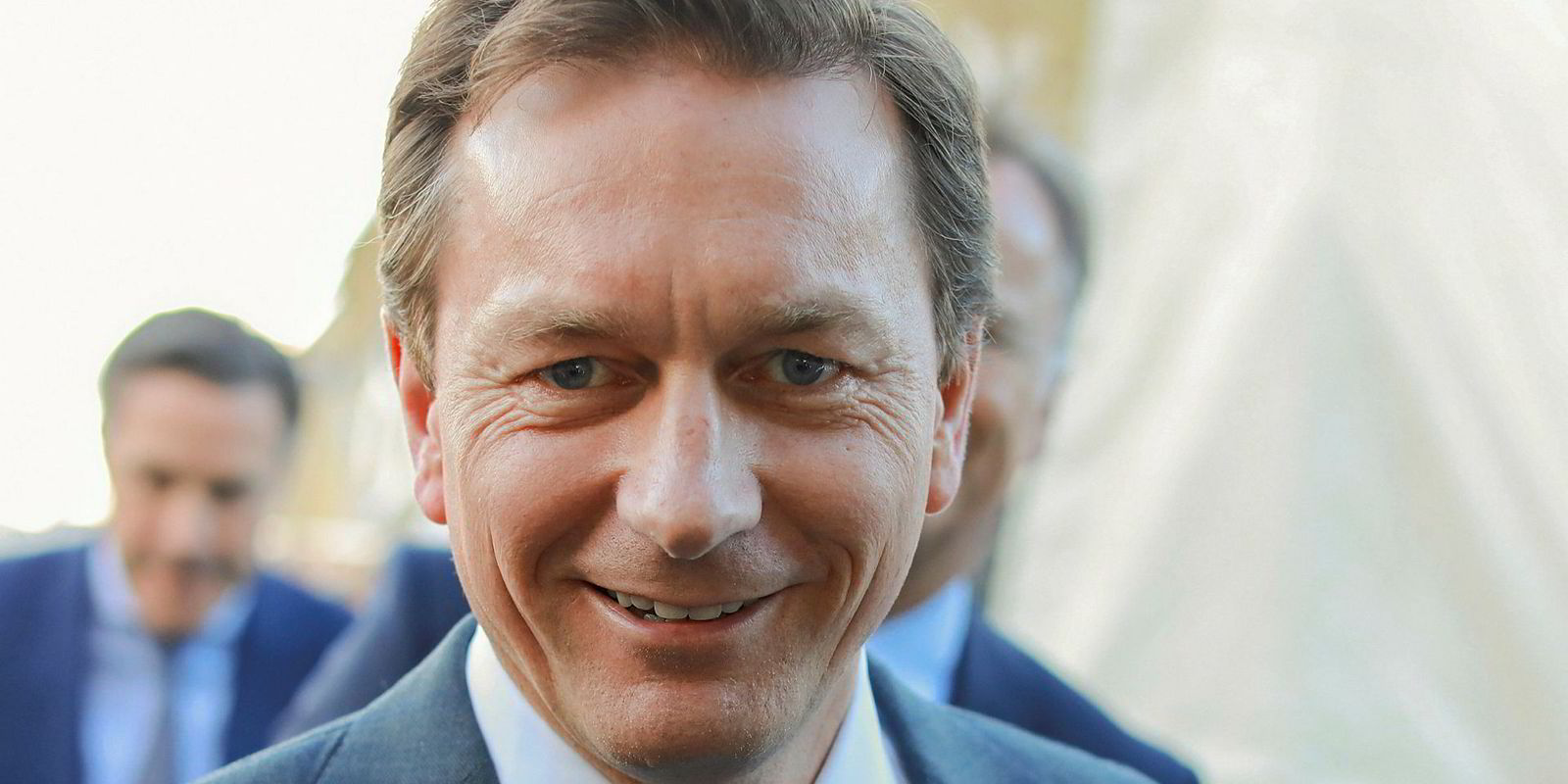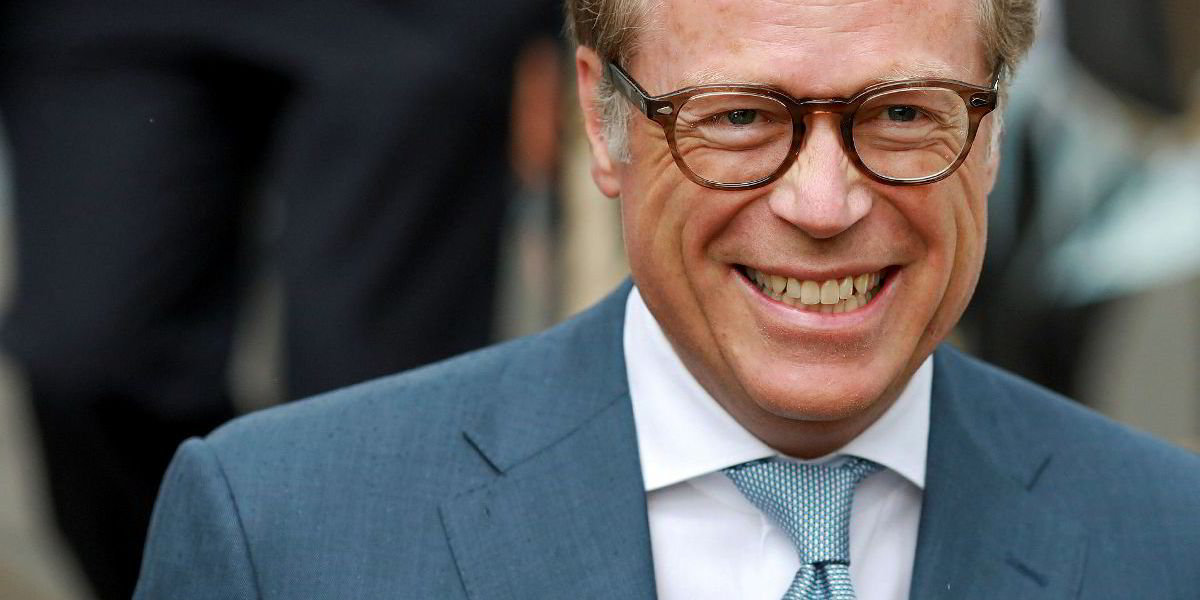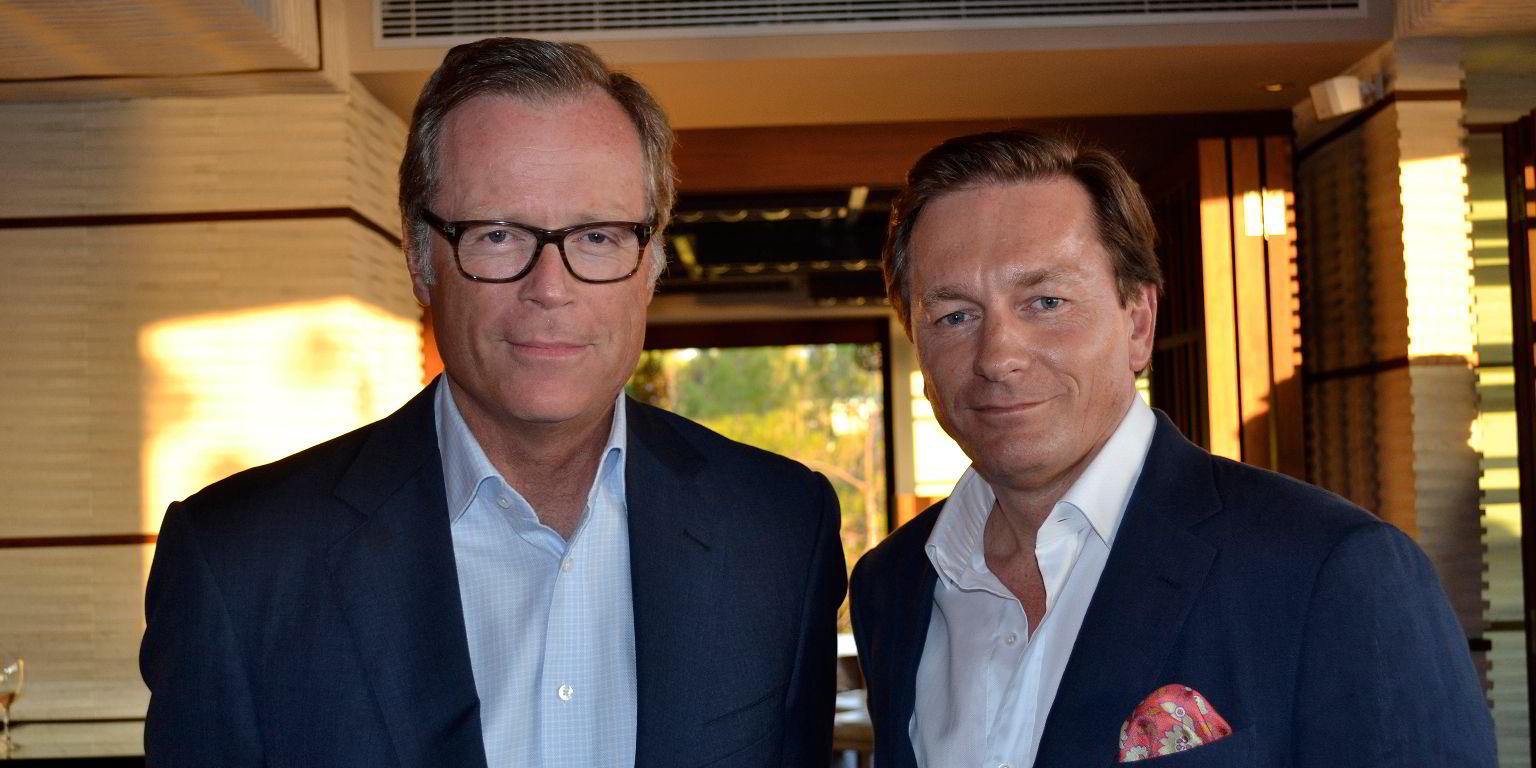Escalating VLCC asset prices have past the point where DHT Holdings would be interested in buying tankers, company executives say.
New York-listed DHT is also batting away the option of IMO 2020-related storage contracts given the age of its ships and the impact of idling tankers on future performance.
DHT is the eighth largest VLCC owner globally and has the second biggest fleet among US-listed firms following its swoop for the BW fleet in 2017.
Svein Moxnes Harfjeld, co-chief executive of DHT, said: “We think the expansion we did in 2017 at very attractive levels is our effort in anticipation of this cycle.
“You should not expect us to make any further investments now going forward.”
He described the price of big tankers as in the recovery phase at 10% to 15% up since the BW deal.
“It’s sort of in the area where we have lost interest to buy, frankly,” Harfjeld said.
“With expectations of a very healthy freight market in the time to come you should also expect asset values to move along with that.
“The next thing you should expect from us, and that may be one, or two, or three years out, is there will be some divestment at some point at the older end.
“You should not expect us to expand further or invest any more at this point.”
DHT booked a stronger than expected first quarter profit and paid its 37th consecutive dividend for the period. Its strong second quarter VLCC rate performance was also highlighted by analysts.
No 2020 storage deals in its sights
Harfjeld says the company has seen a number of inquiries from traders for short-term time charters with a lot of optionality to store cargo ahead of the arrival of IMO 2020 rules.
“We are not entertaining that at all as we want to have our quality ships moving," he said.
"But there have been some deals already and I’m sure there will be some more to come in the next six to nine months,” he said.
“The rates presented are time charter rates and these traders are shooting for bargains and hit some of the weaker ships out there.”
One storage trend where DHT does have a keen eye is on the removal of the Iranian VLCC fleet from the market following the lapsing of waivers previously granted by Donald Trump.
Harfjeld says while the fleet is hard to track given the AIS is being disabled on some of the vessels, an increasing number of the NITC tankers are entering storage business.
“Our expectation is other Opec countries will fill that void, but it has yet to really happen,” he explained.
“This is something you should expect to see over the next month or two, we think.”
DHT booked a profit of $0.15 per share in the first quarter, cruising past the $0.08 per share consensus thanks to a strong chartering performance and cost controls, JP Morgan analyst Noah Parquette says.
Trygve Munthe, co-chief executive of DHT says the figures provide a "glimpse of what is to come".
“An increase in rates of $10,000 per day means $90m in increased cash per year,” he said.
“To bring it down to EPS levels, if next year we get rates in the mid $60,000s, which some analysts forecast and we saw in 2015, we should generate earnings not far off $2.5 per share.
“These are big numbers in our humble opinion.”








